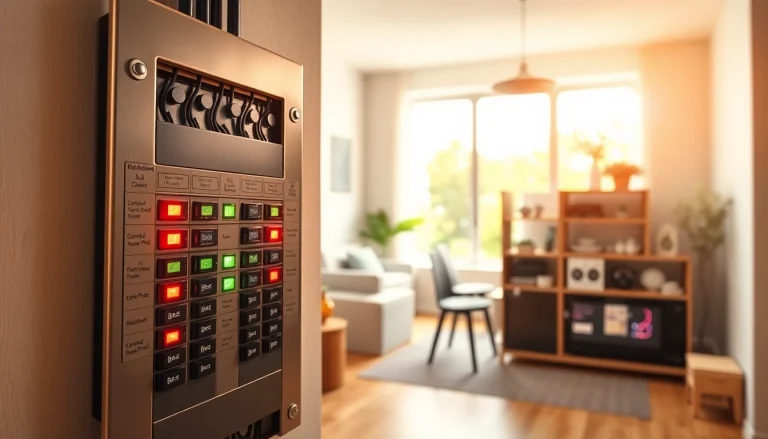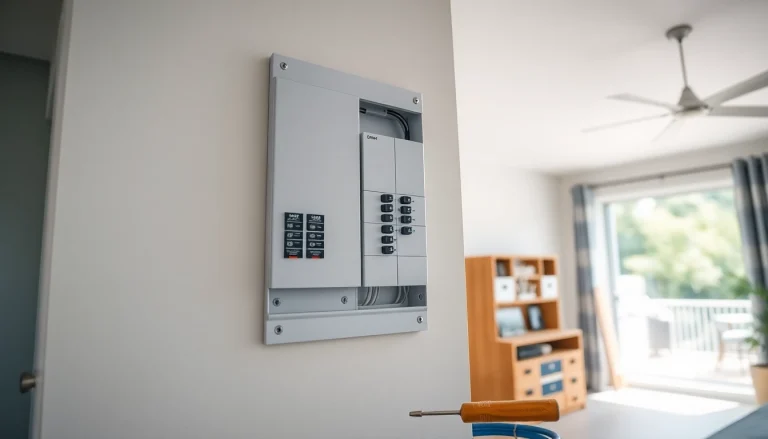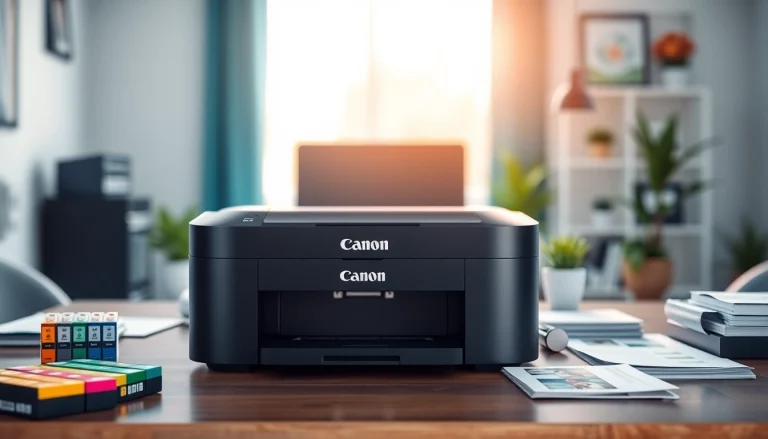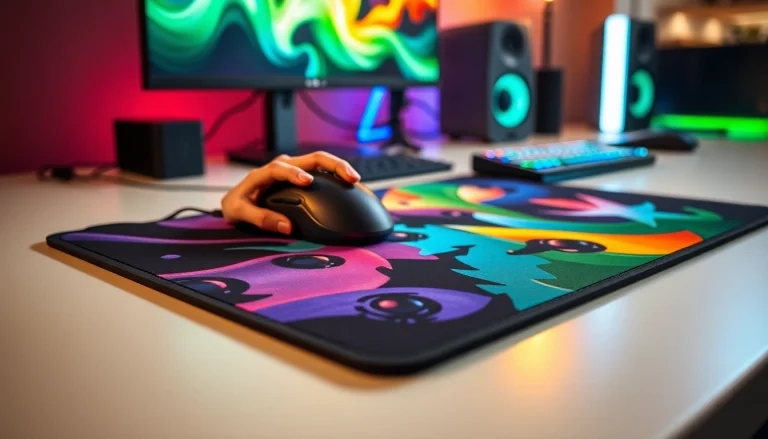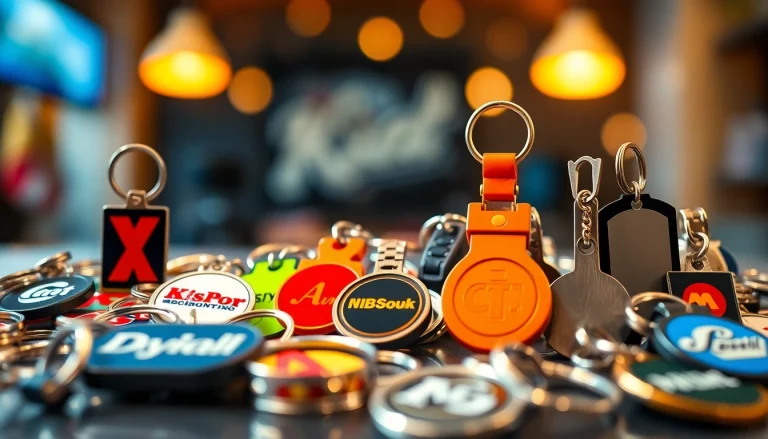
Understanding Folding Partition Walls
What is a Folding Partition Wall?
A Folding Partition Wall is a versatile architectural solution designed to optimize space utilization in a range of environments, from homes to large commercial buildings. These movable walls provide the flexibility to reconfigure spaces, making it easy to adapt to changing needs. Commonly made from materials like wood, glass, or a combination of both, folding partition walls fold back and forth, allowing for both seamless transitions and privacy when needed.
Key Features and Benefits
Folding partition walls come with a variety of features that enhance their functionality:
- Space Efficiency: They offer the ability to divide a larger area into smaller, more manageable spaces without sacrificing floor space.
- Flexibility: Ideal for multipurpose rooms, these walls can be retracted when open for larger gatherings or expanded to create intimate settings.
- Acoustic Control: Many models feature soundproofing capabilities, ensuring privacy and reducing noise transfer between spaces.
- Architectural Aesthetics: Available in various designs and finishes, they can enhance a room’s decor while serving a functional purpose.
- Cost-Effectiveness: Investing in folding partition walls can significantly reduce renovation costs, as they often negate the need for permanent structural changes.
Common Applications in Residential and Commercial Settings
Folding partition walls have a wide array of applications:
- Homes: Ideal for creating temporary guest rooms, home offices, or play areas, allowing for greater control over residential layouts.
- Offices: Increasingly used in corporate settings for meeting rooms, brainstorming spaces, or to create collaborative environments.
- Educational Institutions: Schools use these walls to transform auditoriums into multiple classrooms or activity areas quickly.
- Event Spaces: They are excellent for venues that require flexibility; halls can be easily reconfigured for different events.
Types of Folding Partition Walls
Accordion Style Folding Walls
Accordion-style folding walls are perhaps the most recognizable type of partition. Comprised of multiple panels connected by hinges, they can be easily folded back against themselves when not in use, creating a compact storage solution. These types of walls are particularly popular in residential and commercial settings due to their simplicity and effectiveness.
Bi-Fold and Multi-Fold Options
Bi-fold and multi-fold partition walls offer varying degrees of flexibility. A bi-fold operates using two panels that fold in half, while multi-fold designs can feature three or more panels that can open and close to create different spatial arrangements. This type is often used in places where space needs fluctuate frequently, like in restaurants or community centers.
Glass vs. Solid Folding Walls
When choosing a folding partition, you must consider the material. Glass folding walls provide a modern aesthetic that allows for natural light transfer, making them ideal for offices and upscale venues. Solid walls, made from wood or other materials, offer enhanced privacy and acoustic insulation, making them suitable for areas requiring confidentiality, such as conference rooms or personal offices.
Choosing the Right Folding Partition Wall
Factors to Consider: Space, Style, and Functionality
When selecting a folding partition wall, consider the overall space layout, the desired style, and how the wall will function. Measure the area where you plan to install the wall and determine how often the space will need to be reconfigured. Additionally, consider the aesthetics; the wall should complement the existing decor while fulfilling its purpose seamlessly.
Material Options and Durability
Material choice plays a crucial role in the durability and maintenance of your folding partition wall. High-quality materials such as steel frames and tempered glass will offer increased longevity and robustness, while cheaper options may show wear and tear quickly. Look at the finish, style, and features that suit your intended use. For example, a high-traffic area might benefit from a more rugged construction to withstand daily wear.
Cost Considerations and Budgeting Tips
The cost of folding partition walls can vary widely based on material, design complexity, and features. Factors that influence the pricing include:
- Material: Glass walls tend to be more expensive than standard solid ones.
- Size: Larger walls will naturally incur higher costs.
- Customization: Unique designs or finishes will also add to the overall expense.
- Installation: Professional installation can increase initial costs, so consider the feasibility of DIY options where appropriate.
Installation and Maintenance of Folding Partition Walls
DIY Installation vs. Professional Help
Many homeowners and businesses wonder whether they should install folding partition walls themselves or hire professionals. DIY installation can save money, but it’s important to have the right tools and skills. If you choose to undertake this project, ensure you follow the manufacturer’s guidelines meticulously. However, if the project seems overwhelming, investing in professional installation might provide peace of mind and ensure proper functionality and aesthetics.
Regular Maintenance Practices
To keep your folding partition walls in top condition, establish a regular maintenance routine. This includes:
- Cleaning: Dust and clean the surfaces regularly to prevent buildup that could affect operation.
- Lubrication: For folding mechanisms, apply lubricant to hinges and track systems as needed to ensure smooth operation.
- Inspection: Regularly inspect the walls for damage and ensure that all components are functioning correctly to avoid costly repairs.
Common Issues and Troubleshooting
Common issues with folding partitions include misalignment, difficulty in opening/closing, and noise during operation. Troubleshooting these problems might involve:
- Alignment Issues: Check the tracks and alignment of the panels. Adjustments may be necessary to realign components properly.
- Sticking Mechanism: If the wall sticks, lubricate all moving parts to facilitate smoother operation.
- Noise Reduction: If noise is a concern, consider adding sound-dampening strips or seals to panels and tracks.
The Future of Adaptive Spaces with Folding Partition Walls
Trends in Design and Functionality
The design and functionality of folding partition walls continue to evolve. Innovations in materials, such as lightweight composites and high-performing soundproofing technologies, lead to advanced options that serve modern architectural needs. Sleeker designs that blend seamlessly with existing interiors are gaining popularity, helping to maintain aesthetic quality while enhancing functionality.
Sustainability and Eco-Friendly Options
With growing awareness around sustainability, eco-friendly materials are becoming available for folding partition walls. Options include:
- Recycled Materials: Many manufacturers focus on using recyclable or sustainably sourced materials that reduce environmental impact.
- Energy Efficiency: Well-designed glass folding walls allow for natural light, reducing reliance on artificial lighting, which aligns with sustainable designs.
Innovative Uses in Modern Workspaces
As workspaces change, so too do the applications of folding partition walls. Modern offices are increasingly adopting open concepts, which these partitions can adjust as teams and dynamics shift. Besides the corporate environment, there’s a growing trend in co-working spaces that utilize folding walls to create multi-functional environments that can shift from a collaborative area to quieter zones as needed.

